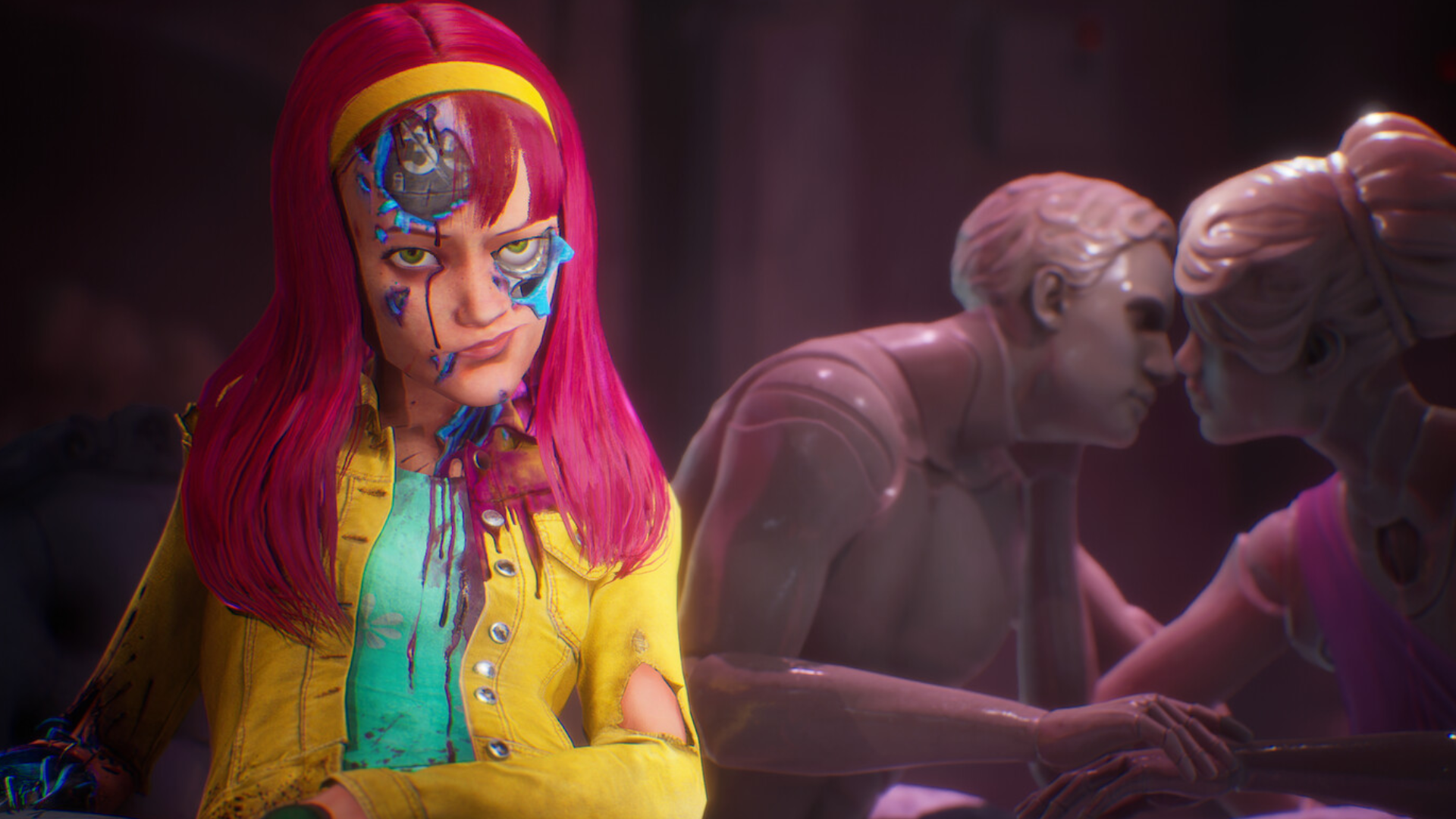
Ken Levine, creator of the Bioshock series—and now the head of Ghost Story Games, who’re working on Bioshock-like “narrative legos” game Judas—isn’t all that worried about AI’s impact on the games industry yet, even if it’s got its uses.
That’s according to a recent interview with Gamesindustry.biz, who asked him for his take on the subject. “I don’t want to underestimate it. I think it’s very powerful,” he begins, though he’s of the mind that it comes with a bunch of limitations too.
“You look at Sora, the ChatGPT video generator, you see a woman walking down the street and the street scene is beautiful—but if she were to turn around and walk backwards, it wouldn’t remember where she has been. It doesn’t currently understand persistence, although that may change. We can’t tell if it’s a limitation of just the nature of the technology.”
What Levine seems to be getting at here is the concept of ‘plateaus’ in tech. Generally-speaking, when a new technology’s discovered, advancement happens very suddenly and sharply, often picking up pace towards the end. The combustion engine led to the industrial revolution, the mobile phone went from Nokia bricks to smartphones, and so on.
While there are advancements on this plateau—for example, smartphones can play games that required a full rig mere years beforehand—progress tends to slow to a near halt. As far as this applies to generative AI, it’s entirely possible that this persistence is where it plateaus. Namely because generative AI isn’t actually thinking, as much as it is making a series of very educated and complicated guesses. That’s why it tends to hallucinate or fabricate information.
It won’t (hopefully) keep improving forever, because it does a specific task in a specific way. You can make the best wheel in the universe, and it’ll still only be good at wheel stuff. That’s not to say you can’t combine technologies, and there’s every chance AI could be stitched onto some other breakthrough in software to thrust us all into a Skynet doomsday scenario, but it may not be on the table for now.
“For all the concerns about AI,” Levine adds, “have you seen it write a good 20-page movie yet? Scene-to-scene? It doesn’t know how to do that.” It’s an argument I’ve heard before and largely agree with. Generative AI’s been threatening creative jobs for a handful of years now, but I can’t name a single movie, song, or piece of entirely generated artwork that’s had a lasting cultural impact. In the words of Tim Schafer, “super impressive, but also completely like: who cares?”
That’s not to say Levine thinks the tech is useless, far from it: “There are useful elements of AI right now—for instance, training your bug database to query how many bugs you have in certain situations. But what it can’t do is tell me a really compelling story that has a three-act structure, or even tell me multiple scenes. It gets extremely confused.
“We’ve not used any generative AI in the development of the product outside of things like bug databases, clearing our analytics database—that’s what it’s good for.” He goes on to add that it’s not been used for concept art, either. “Right now I’m not overly impressed when it comes to game development—I’m sure there will be more to it [in the future] but I’m not super worried about it yet in a ‘it’s coming to take everybody’s jobs’ perspective.” Me either, though it might take a little bit of elbow grease to keep it that way.
Source link










Add comment